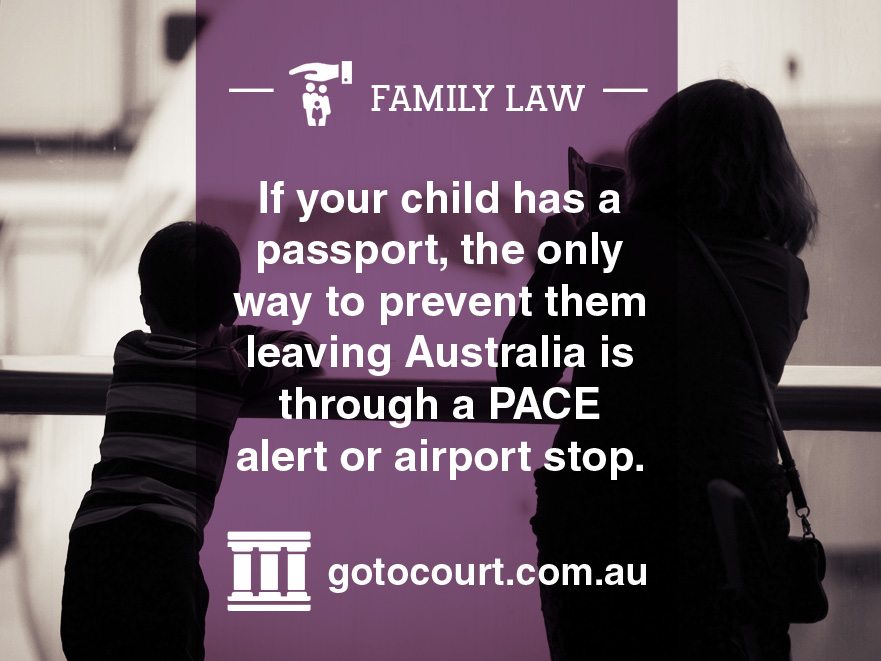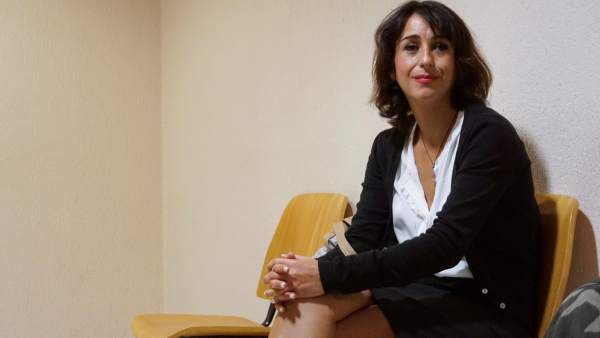The network of Cross-border Family Mediators coordinated by Missing Children Europe brings together 170+ family mediators worldwide who are trained in resolving cross-border family conflicts such as parental abduction. Visit us www.crossbodermediator.eu
Noticias de Actualidad en Sustracción de menores por la "Abogados y Mediadores Familiares Especialistas en Mediación Internacional y Secuestro Parental de Menores". España y Argentina whatsapp Tel: +54 911 5347-5033 www.estudiolapampa.com
Bouncing back - How does international parental abduction affect children?
Japanese Supreme Court Renders Decision on Hague Abduction Convention

On December 21, 2017, the Japanese Supreme Court rendered a decision on the Hague Abduction Convention. The Court upheld a lower court decision in favor of the Japanese mother, even though she had turned back on her promise to return the kids from a visit to Japan, and even though that same court had earlier issued a return order in favor of the American father. The matter had receivedinternational press attention, and even a Congressional subcommittee hearing.
Japan had long refused to join the Hague Convention, and when it did, in 2014, critical observers already expected that courts would find ways to undermine it. Those observers see themselves vindicated.
Colin Jones reports critically on the decision; he has previously written on Japan’s joining the Convention and on reluctance to enforce it. Useful background from the Law Library of Congress is here.
Japanese accession to the Convention has been a frequent scholarly topic, both in Japan and elsewhere. Yuko Nishitani, who had already written about “International Child Abduction in Japan” in (2006) 8 Yearbook of Private International Law 125-143, and who wrote a long report (in Japanese) for the Japanese Ministry in 2010, provided a brief analysis in 2011. Dai Yokomizo discussed the accession in (2012) Revue critique 799; Jun Yokohama did so in the Mélanges van Loon (2013, pp 661-72). Vol. 57 (2014) of the Japanese Yearbook of International Law contains articles by Tatsuki Nishioka and Takako Tsujisaka, Masayuki Tanamura, Masako Murakami, Martina Erb-Klünemann, and Nigel Vaughan Lowe. Takeshi Hamano helpfully explains the Japanese reluctance with regard to the Japanese ideology of the family. Outside of Japanese authors, Barbara Stark and Paul Hanley wrote most recently in the United States; the topic is also addressed in several student notes. The accession was also discussed by Bengt Schwemann (in German) and Francisco Barberán Pelegrín (in Spanish).
What is a PACE Alert or Airport Stop?

The Passenger Analysis Clearance and Evacuation System (PACE) can be used to place an alert which prevents a child from leaving Australia. This is more commonly referred to as an ‘airport stop.’ The process can also be used to prevent a child from leaving by sea, such as on a cruise ship.
If a child already has a passport, the only way to prevent them from leaving the country is to obtain a court order for a PACE alert and send it to the Australian Federal Police. If the child does not have a passport, you may instead be able to seek an injunction preventing their other parent from obtaining a passport for them.
The Family Law Act 1975 (Cth) permits the Family Court of Australia to make a parenting order preventing a child from travelling overseas, or limiting the countries to which they may travel to only those countries with which Australia has an international child abduction agreement in place.
You can make a request to the Court that it consider a matter urgently, if necessary. To do so, lodge your application with a supporting affidavit indicating why you need the matter dealt with quickly. You may be able to have it dealt with even without notice to the other parent. You should include a cover letter stating that the matter is urgent.
Once a Watch List Order has been made it usually remains for a period of two or three years; however, there are exceptions. For instance, when an order has been made that does not include a specified time period, the child will remain on the list until the age of 18 years.
If any amendments are made to parenting orders which allow the child to travel it is important that the Australian Federal Police are notified of this immediately.
A Watch List Order is made specifically against the child. It is not an order preventing travel with a certain person or parent.
Before a parent considers applying for a Watch List Order they must really think about the consequences of such an order. It may not always be appropriate to make an order against the child which will stop them from leaving the country. For instance, if the child wanted to attend an overseas school excursion they would be prevented from doing so if they are placed on the Watch List.
If you are uncertain as to whether or not a PACE alert has been issued for your child and their details added to the Watch List, you or your lawyer can lodge a Family Law Watch List Enquiry Form with the Australian Federal Police.
You will have to provide certified copies of your identification, as well as copies of any documents you have regarding applications that have been made to have the child placed on the list, or court orders issued.
In order to have the PACE alert withdrawn and your child’s name removed from the list, you should first talk to your lawyer.
The process required will depend upon how the child’s name was placed on the list in the first place. If it is the result of an injunction or a court order, you may require another court order to have them removed. If the existing order is only to apply for a particular period of time, then your child’s name will be removed at the end of that period.
This article reflects the state of the law as at 10 June 2016. It is intended to be of a general nature only and does not constitute legal advice. If you require legal assistance, please telephone 1300 636 846 or request a consultation at gotocourt.com.au.
Suscribirse a:
Comentarios (Atom)
Juana Rivas entrega sus dos hijos a su expareja en Italia
Juana Rivas ha entregado este jueves sus dos hijos, de 12 y 4 años, a su expareja, el italiano Francesco Arcuri, en una comisaria de Ca...

-
Juana Rivas ha entregado este jueves sus dos hijos, de 12 y 4 años, a su expareja, el italiano Francesco Arcuri, en una comisaria de Ca...
-
The Passenger Analysis Clearance and Evacuation System (PACE) can be used to place an alert which prevents a child from leavi...
-
In Japan, many foreigners are fighting for their children, who have been taken there by divorced or separated Japanese spouses. Those a...